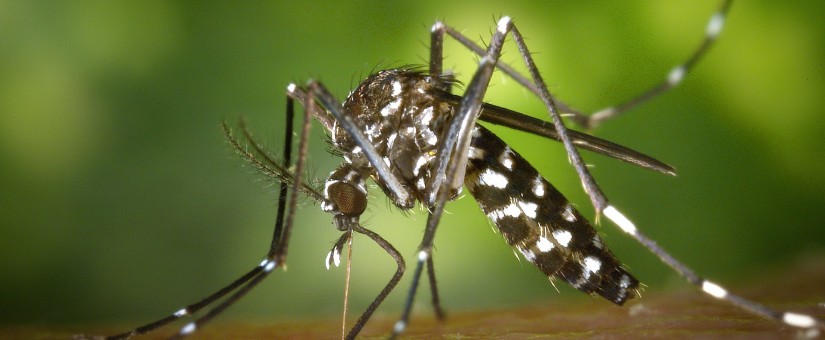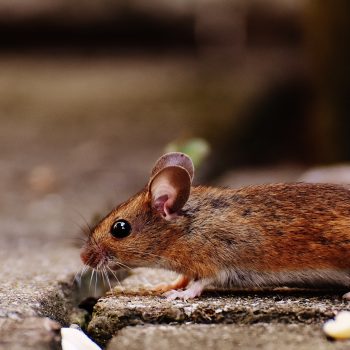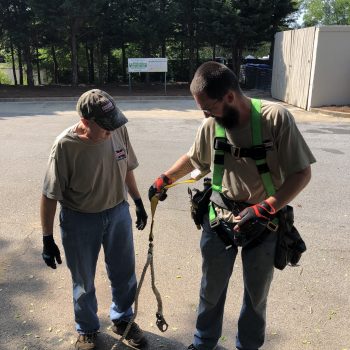
Many Mosquito Repellents Are Not Effective
Ever put on a mosquito repellent and then been bitten? A study at New Mexico State University found that most mosquito repellents being marketed actually do a very poor job of repelling mosquitoes. Of the many spray-on and rub-on products tested, all of them were poor repellents except those that contained DEET or PMD (oil of lemon eucalyptus).
Of the two DEET formulations, a 40% and a 98% product, the higher concentration was the most effective product tested. (It usually is both a better repellent, and lasts longer.) The oil of lemon eucalyptus that worked was a 30% concentration. Other botanical and herbal products repelled fewer or no mosquitoes, and tend to be shorter-lived.
In addition, several mosquito bracelets and wrist bands, and a wearable sonic repeller, were all found to be ineffective in repelling mosquitoes. (The sonic repeller uses ultrasonic sound, and sound has never been found to be effective at repelling mosquitoes—it’s a waste of your money!)
One wearable device fared well. It was a clip-on that had a nebulizer to vaporize its chemical repellent, Metoflurthrin. A repellent candle was also found to be ineffective.
If you are outdoors and there are mosquitoes around, please use an effective repellent to protect exposed skin!
- Posted by SEOteric
- On July 20, 2018
- 0 Comments




0 Comments